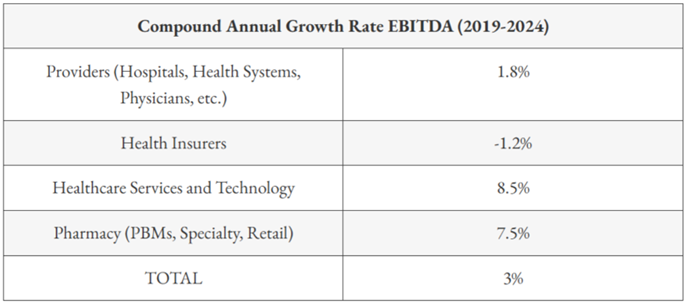Quick Recap Of House and Senate On Exchange Subsidies and Reform
The Senate is expected to vote Thursday on two proposals. The first is a Democratic proposal for a straight three-year extension of the enhanced Exchange subsidies. It is not expected to gain the 60 votes needed for passage as too few Republicans will join Democrats. But anything is possible right now.
The second is a GOP bill sponsored by Bill Cassidy, R-LA, and Mike Crapo, R-ID. It would not extend the enhanced subsidies, but fund health savings accounts (HSAs) for people who earn up to 700% of the federal poverty level. Those aged 18-49 would get $1,000 and those aged 50-64 would get $1,500. This bill is not expected to reach 60 votes, either, as few Democrats will vote with Republicans. Other compromise bills would extend the subsidy expansions for two years and make some reforms, including income caps, minimum premiums, and fraud protections. These do not appear on the docket, though.
In the House, Republican leaders say they will vote on healthcare bills next week but not on enhanced subsidies. The caucus now seems to be on a mission to pass a broader reform package to impact affordability for all. The provisions could include site-neutral Medicare payments, pharmacy benefits manager reform, price transparency, expansion of alternative coverage, and health savings account initiatives. It also could fund cost-sharing reductions for the Exchanges.
In the meantime, some moderate Republicans are attempting to force a vote on subsidy extensions by filing a discharge petition. But the moderate GOP petition may be in competition with a Democratic one. Democrats in the House want a three-year extension.
Additional articles: https://www.modernhealthcare.com/politics-regulation/mh-house-gop-vote-aca-subsidies-extension/ and https://thehill.com/homenews/house/5643481-republicans-obamacare-health-care-revolt/ and https://www.modernhealthcare.com/politics-regulation/mh-gop-aca-subsidies-extension-hsa-pbm/
(Some articles may require a subscription.)
#exchanges #coverage #healthcare
https://thehill.com/homenews/house/5642438-house-gop-health-care-vote-subsidies
— Marc S. Ryan






